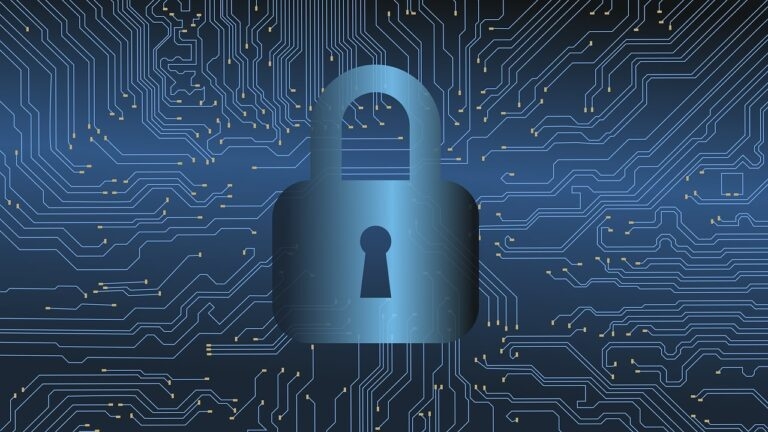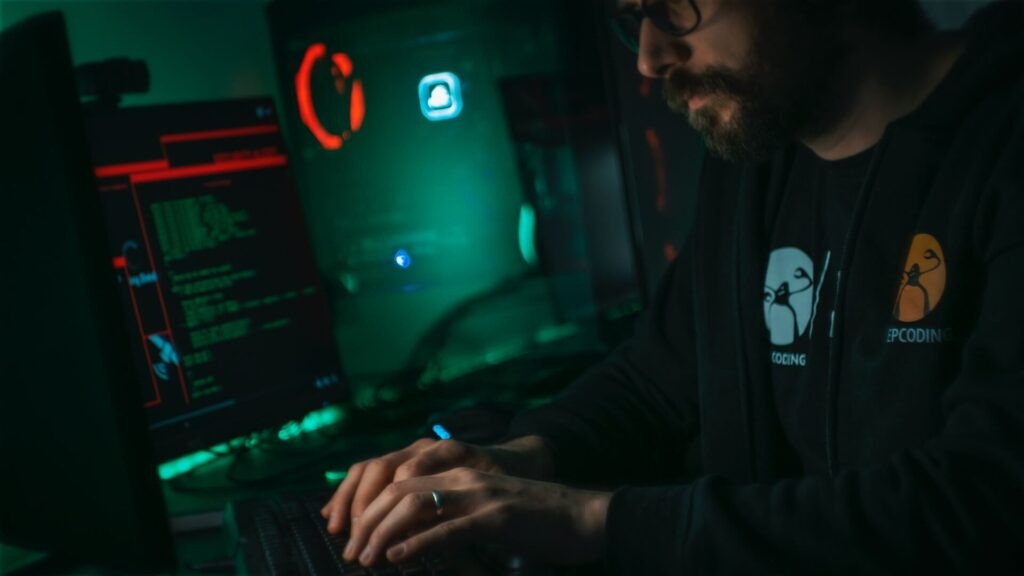Highlights
- Best practices in cybersecurity safeguard your digital assets from sophisticated threats.
- Protect your personal information with strong passwords and encryption, and keep an eye on your network for any threats.
- Investigate excellent resources like as NIST, SANS, and CISA for further cybersecurity information and tools.

With seamless internet connectivity, protecting our digital assets has never been more important. Cybersecurity best practices are essential steps that help safeguard your sensitive information, financial data, and online presence from digital attacks.
In this article, we will look at some simple methods and tips to keep your digital assets safe and out of the hands of hackers. Let’s discuss some practices to strengthen your digital security and have a safer online experience.
Cybersecurity Best Practices
In today’s digital age, our personal and financial information is more vulnerable than ever. Cyberattacks are becoming increasingly sophisticated, and even the most careful users can become victims.
As a result, using cybersecurity best practices to protect your digital assets is essential. You can keep your data safe and secure by following these approaches.

Essential Steps to Safeguard Your Digital Assets
Follow these simple actions to safeguard your digital assets:
- Make strong passwords: For each account, make your passwords lengthy, difficult, and unique. To be secure, change them on a frequent basis.
- Use MFA (multi-factor authentication): Activate MFA for enhanced security. To access your accounts, you must enter a code from your phone as well as your password.
- Be wary of phishing emails: Be wary of emails from unknown senders. Avoid opening files or clicking on links in questionable emails because they may attempt to steal your personal information.
- Maintain software updates: Always install software updates since they frequently contain security fixes that safeguard your devices from malicious infections.
- Use a firewall and antivirus software: A firewall protects your computer against unwanted access, while antivirus software detects and eliminates viruses.
- Be wary of public Wi-Fi networks: Public Wi-Fi networks are not always safe. If you must use them, make sure you are connected to a secure network and do not enter critical information.
- Back up your data on a regular basis: Make backups of your key files to be ready in case of virus infection or data loss.
By following some easy measures, you can protect your digital assets and have a safer online experience.
You may take several particular actions to secure your digital assets in different aspects of your life in addition to these basic best practices.
Personal Data:
- To begin protecting your personal data, use a password manager to store all of your passwords securely. Avoid oversharing sensitive information on social media sites since hackers frequently use such information.
- Additionally, ensure that your devices are secured with strong passwords and encryption, making unwanted access more difficult.
Business Data:
- Implementing a strong security policy is critical for business. Educate your employees on best practices for cybersecurity and set policies for managing sensitive data. Use strong passwords and encryption for your company systems to avoid unwanted access and data breaches.
- It is also critical to keep your software up to date since software upgrades frequently include security patches that resolve vulnerabilities.
Furthermore, keeping an eye on your network is critical. Monitor for security risks and odd activity that might suggest a breach on a regular basis.
You may dramatically reduce cyberattacks’ danger to your organization by remaining proactive and watchful.
Following these cybersecurity best practices can secure your digital assets and your personal and professional information.
Taking these precautions seriously will make you better prepared to traverse the digital terrain with confidence and security.
There are various good resources available if you want to delve deeper into the area of cybersecurity and improve your expertise.
The National Institute of Standards and Technology (NIST) Cybersecurity Framework provides comprehensive recommendations and best practices to strengthen your cybersecurity defenses, and is one of the most credible sources. Check further details here: https://www.nist.gov/cyberframework
You might also look into the SANS Institute, a well-known institution that provides a variety of cybersecurity courses, training, and tools. Check further details here: https://www.sans.org/
The Cybersecurity and Infrastructure Security Agency (CISA) is another useful site that delivers up-to-date information and insights to safeguard critical infrastructure and improve overall cybersecurity. Check further details here: https://www.cisa.gov/
These websites provide essential knowledge and tools to properly safeguard your digital assets and remain attentive against cyber attacks. Hope this will help you.
Wrapping It All
To sum it up, protecting our digital assets is essential. We can safeguard our sensitive information and online presence from digital attacks by following cybersecurity best practices such as using strong passwords, activating multi-factor authentication, and being cautious with emails and public Wi-Fi.
Furthermore, backing up data, safeguarding personal devices, and creating robust security procedures for corporations all help to strengthen our protection against cyberattacks.
We can confidently traverse the digital world and guarantee a safer online experience for ourselves and our companies by taking these steps seriously and remaining updated through reliable resources like the NIST Cybersecurity Framework, the SANS Institute, and CISA. Let us prioritize digital security and safeguard what is most important in our digital life.
Further Reading:
Directly in Your Inbox









